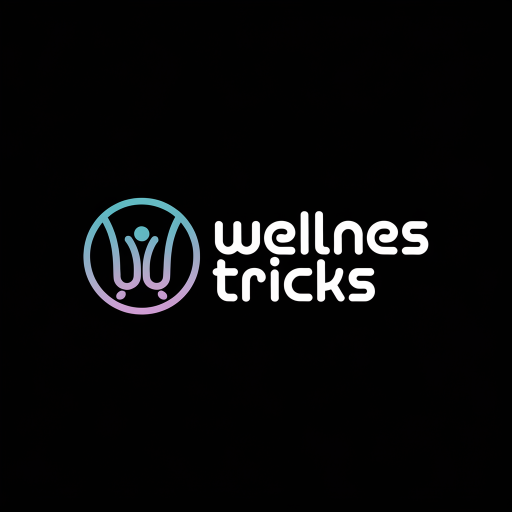Why Most People Misunderstand Immunity (and How to Fix It)
You might think a strong immune system means you’re invulnerable, but that’s a common misconception. Many people underestimate the complexities of immune responses and the crucial role vaccines play in protection. Moreover, relying solely on supplements or natural immunity can lead to gaps in understanding. Exploring these misunderstandings can provide clarity and guide you toward more effective strategies for building and maintaining proper immunity. Let’s examine these misconceptions further.
Common Misconceptions About Immunity
While many people believe that a strong immune system guarantees protection against all illnesses, this misconception can lead to misunderstandings about how immunity functions.
You might think that vitamin C or certain supplements are a magic shield against infections, but that’s not entirely accurate.
Immunity mistakes often stem from confusing general health with immune resilience. For instance, lifestyle factors like sleep, stress, and nutrition play significant roles in immune response, but they don’t provide immunity alone.
Misunderstandings can foster complacency, causing you to neglect important vaccinations or public health measures that are crucial for maintaining robust immunity. Additionally, understanding the difference between natural immunity and acquired immunity is essential for a well-rounded comprehension of how protection against diseases works.
The Role of Vaccines in Building Immunity
Vaccines play a crucial role in building immunity by training your immune system to recognize and combat specific pathogens. They introduce a harmless part of the pathogen, prompting your body to produce antibodies. This process helps form immunological memory, ensuring you’re better protected in the future.
| Type of Vaccine | Mechanism | Example |
|---|---|---|
| Inactivated | Kills the virus | Polio vaccine |
| Live-attenuated | Weakened virus | MMR vaccine |
| Subunit | Protein fragments | Hepatitis B |
| mRNA | Genetic material | COVID-19 vaccines |
Understanding these types helps you appreciate their significance in public health.
How Lifestyle Choices Impact Immune Function
Your immune function can be significantly influenced by your lifestyle choices, as various factors, including diet, exercise, and sleep, directly affect your body’s ability to fend off infections.
To optimize your immune health, consider the following:
-
Nutrition: A balanced diet rich in antioxidants, vitamins, and minerals supports immune system effectiveness.
-
Physical Activity: Regular exercise enhances circulation and promotes the production of immune cells, improving your body’s defense.
-
Quality Sleep: Adequate restful sleep is crucial for the regeneration of immune cells and overall resilience against illness. Engaging in easy daily habits can further elevate your immune system’s performance.
Understanding the Differences Between Innate and Adaptive Immunity
Immunity can be broadly categorized into two distinct types: innate and adaptive immunity.
Innate immunity is your body’s first line of defense, operating rapidly and nonspecifically against pathogens. It includes physical barriers like skin and immune cells such as macrophages.
On the other hand, adaptive immunity develops more slowly and specifically targets particular pathogens. It involves lymphocytes, like T and B cells, which create memory cells after an infection, allowing for quicker responses to future encounters.
Understanding these differences is crucial for grasping how your immune system functions and how each type contributes to overall health and protection against diseases.
Effective Strategies to Educate Yourself and Others on Immunity
While understanding immunity can seem overwhelming at first, there are effective strategies to make the learning process more manageable and engaging.
Here are three key approaches:
-
Utilize Credible Resources****: Refer to peer-reviewed articles, reputable health websites, and official guidelines to ensure accurate information.
-
Engage in Interactive Learning****: Attend workshops, webinars, or online courses that provide hands-on activities and real-world applications.
-
Facilitate Discussions: Initiate conversations with peers and health professionals to clarify concepts and share insights, allowing for deeper understanding. One effective way to enhance your knowledge is to adopt a simple habit of boosting immunity that can be integrated into daily life.

